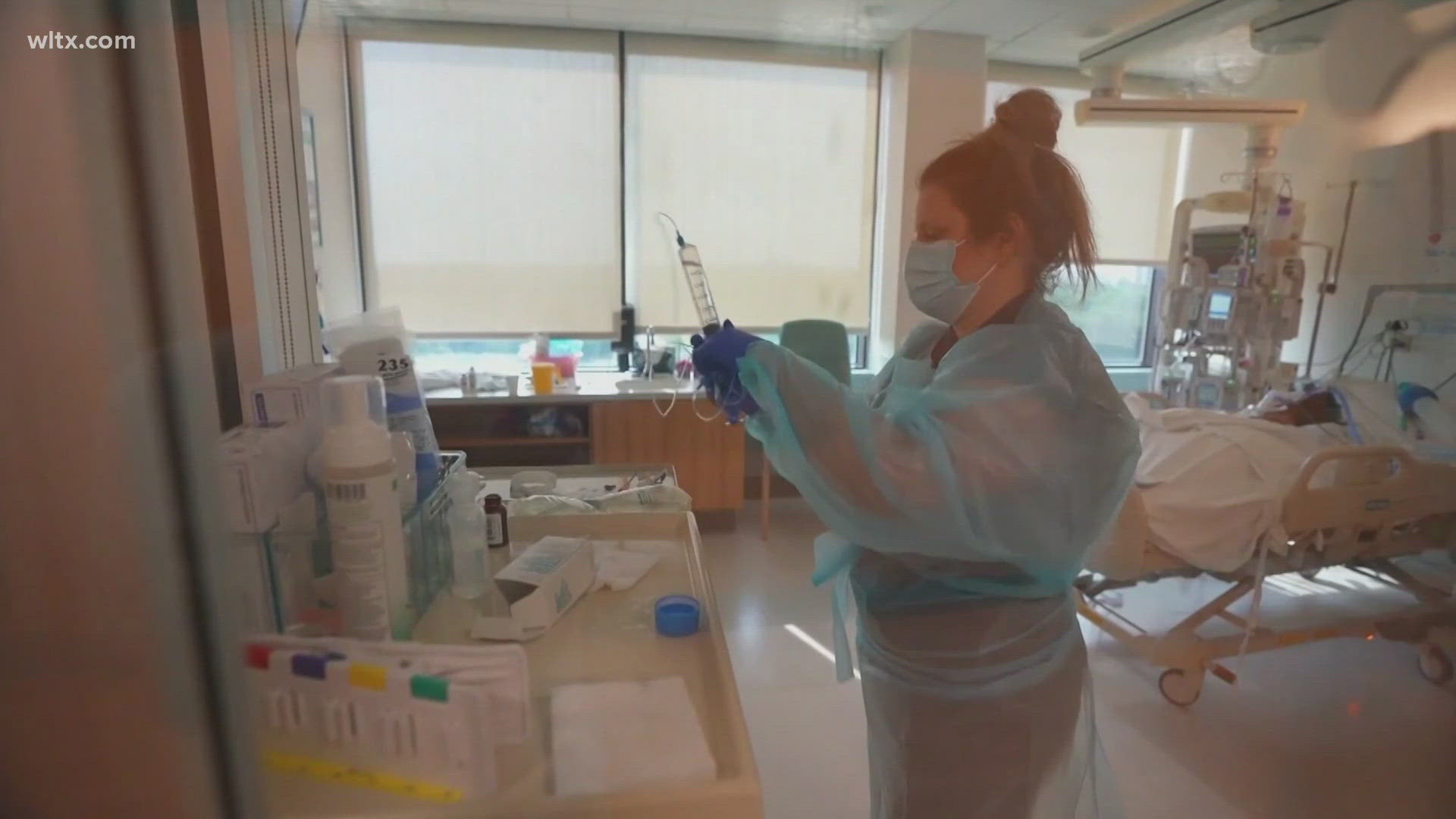COLUMBIA, S.C. — Hospitals across South Carolina are facing shortages of IV fluids after a major supplier’s facility was damaged in Hurricane Helene, stopping production indefinitely.
Baxter International's facility in North Cove will be reopened in phases after the storm's damages, while distribution is currently between 40% and 60%, according to an update on posts on the distributor's website yesterday.
Dr. Danielle Bowen Scheurer, Chief Quality Officer with the Medical University of South Carolina, said Baxter is a major supplier, and few others can provide the same stock.
"None of the other producers have any volume anywhere close to Baxter, all of the other producers are 40% of the total market. We always have contingency plans in place for secondary {outlets}. That said, everyone else is also looking at those outlets," said Dr. Scheurer.
She said they are also implementing a strategy to conserve fluids and hope the supply chain resumes soon.
"They believe that they can get us back to from a 40% to about a 60% next week," said Scheurer. "So we’re focusing on both things: conserving where safe and evidence-based, and getting and making new products."
She emphasized that the medical supply chain is in a fragile state right now, and this is just one example.
Lexington Medical Center said it has dealt with supply issues before, and patients will not experience any impact on their care.
"IV fluid is just one example of a supply that we're dependent upon. But every day, we are managing our supply chain needs both medications and non medication supplies that are required to deliver care," said Dr. Powers.
He said they're conserving by finding alternative methods to administer fluids.
"One of the medicines we use to help women who are in labor ... the easiest way, or the quickest way to administer it is typically IV, but we can also provide it in other mechanisms -- either oral or buy a shot -- and therefore, conserve our IV fluid for other purposes," said Dr. Powers.
In a statement, a spokesperson for Prisma Health said the company is also implementing a conservation plan to ensure patients continue to have access. They're also exploring other available resources.

